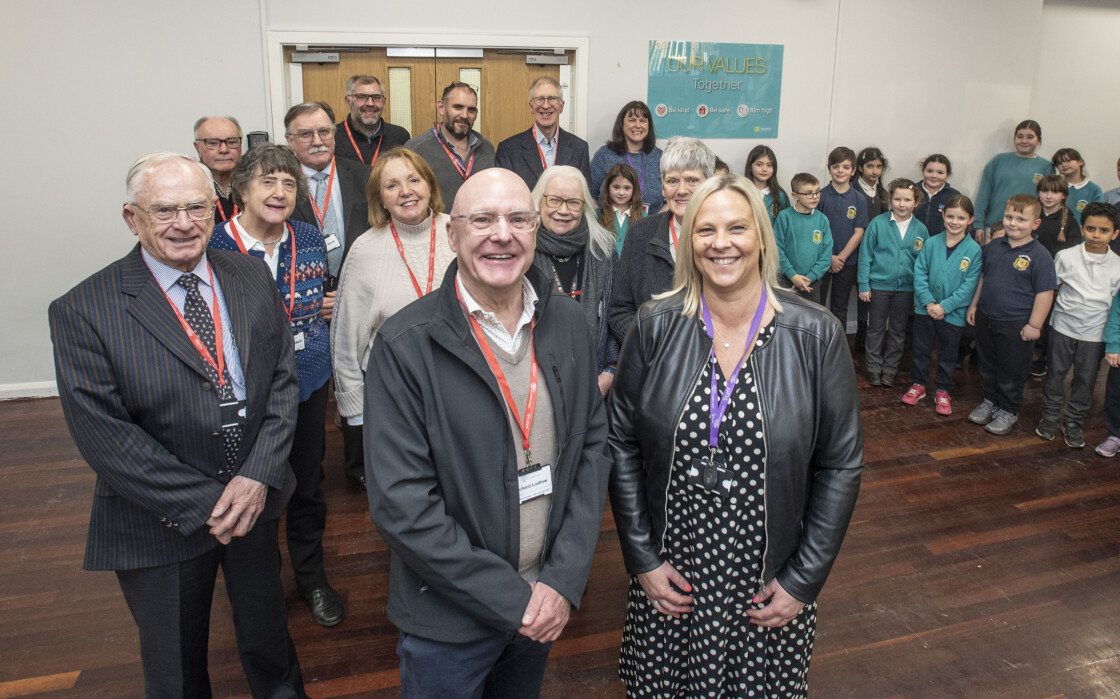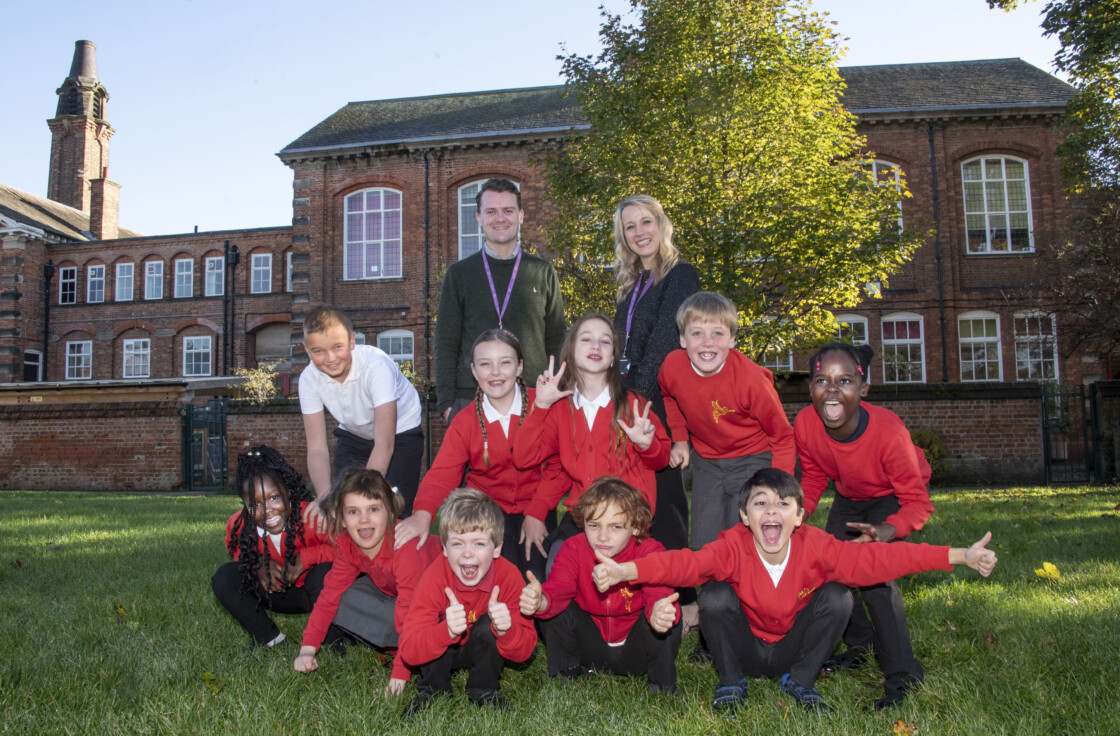Set up on 1 December 2013, Ebor Academy Trust was the first multi-academy trust in York. Today it’s a group of six schools – five primaries and a secondary, across the city and beyond – but queueing up to join are 11 others. There’s an expectation there will be 20 schools from across Yorkshire in the trust by September next year. Chief Executive Richard Ludlow looks back on a rollercoaster year in education, why more schools are choosing the academy option and why many of them are choosing Ebor.
Shock political results, unrest and upheaval sum up 2016 and education itself has been in the headlines many times this year.
In March the government announced that all English schools would have to become academies but then in May, changed their minds. The government would still prefer schools to opt out of local authority control, but no longer under rule of law.
In York and elsewhere, headteachers and school governing bodies have all been looking around and weighing up their options. The initial directive, and then u-turn, ended up being nothing more than a distraction. I believe all schools have recognised that not doing anything is not a realistic option any more, what with diminishing funding for local authorities and the subsequent lack of support, and all are at some point on their journey towards eventual academisation.
Established systems are being dismantled, some are being discontinued and so headteachers and school leaders are coming round to the idea that it they want to get something done, best to do it among themselves.
At this time last year, the city had two multi-academy trusts – Ebor Academy Trust and Hope Learning Trust, York. Now there’s also South Bank Academy Trust and Pathfinder Multi Academy Trust, with the South York Schools Multi-Academy Trust looming large and certainly one more, perhaps two, yet to come forward.
That’s a lot of trusts for a comparatively small city and while York was slow at taking up the academy option, the pace of change is without doubt accelerating as momentum gathers.
Schools are at the heart of their local communities and so it is not surprising that some of those communities are alarmed when they see changes appear on the horizon. By and large, people dislike change and where possible will resist it. While some academy conversions have been made without a murmur, others are challenged at every turn as parents and other stakeholders question what’s going on, and why. This is healthy and is a chance to get to talk to parents and offer reassurance – there really is nothing to worry about and most of the time very few pupils and students notice any difference.
Good or outstanding schools are already at the top of their game and being part of a multi-academy trust allows a two-way flow of ideas so that school leaders can continue to support and challenge each other.
But in some schools, the ones that for whatever reason are struggling, some real differences for the better can be made. This is where being part of a family of schools really does come into its own so we can look out for each other. Among our staff we have “academy specialists”, teachers who are recognised as experts in their particular subject specialism. Introducing this help and assistance into schools and allowing teachers to collaborate in order to get a glimpse into how others work, can only improve outcomes when good ideas are polished into great practise. Children benefit and get more from their education, enthusing teachers even more – a virtuous circle of activity.
With the benefit of being part of a larger group comes the ability to afford resources that you’re unlikely to find elsewhere. Children and young people’s mental health is a sensitive and complex area and we employ an expert practitioner in emotional wellbeing. We share this resource among our schools and the difference this is making to some children’s lives is immense.
At Ebor we make a big deal out of school improvement. All headteachers and school leaders are constantly on the lookout for ways to do things better. Even the most outstanding headteacher at the best school is always looking for ways to improve. In a complex, people-centred sector such as education, it is in our DNA to look beyond the here and now, in pursuit of excellence. “That’ll do” really won’t do…
That’s why we focus on getting the teaching and learning right and we have a moral imperative to look after the children and young people who come through our doors, developing resilience and equipping students well for the next stage of their lives.
In the summer we were thrilled when our application to set up a primary school in York with the creative arts at its core was approved by central government. As the year ends we are still searching for an appropriate site but remain optimistic that by spring of 2017, or before, we will be able to announce where it will be, and when we will open.
In the autumn, after almost two years in preparation, we opened a brand new primary school in Selby. It’s always exciting, starting with a clean sheet, and we have introduced many innovations including family dining and a practically paperless environment, using instead social media and a special app for class teachers to communicate directly to their children’s parents and carers. Feedback at the end of term has been overwhelmingly positive.
In a year of unexpected twists and turns we remain steadfast in our mission to do the best we can for the people that make up tomorrow’s generation. It’s an uncertain time in our history but we remain convinced we have the best job in the world in preparing our children and young people for it.



